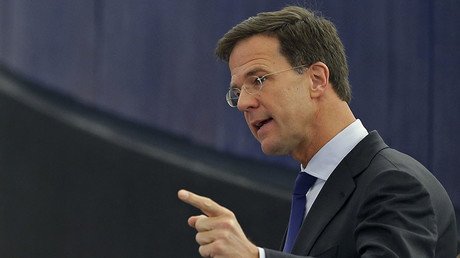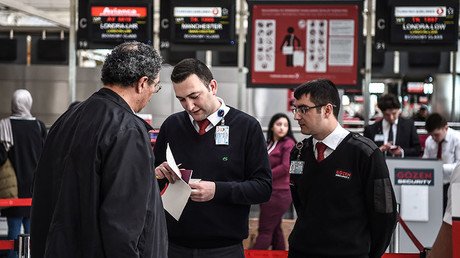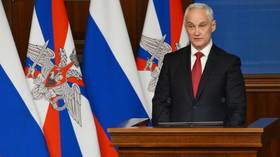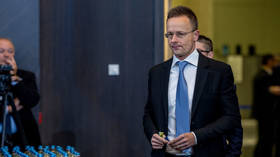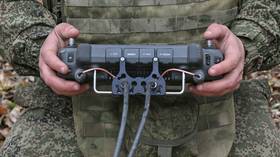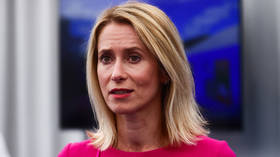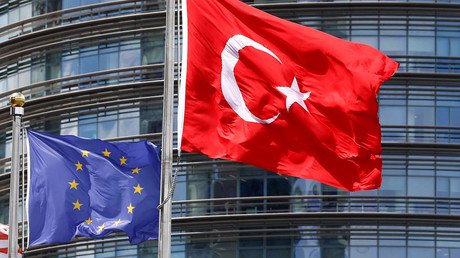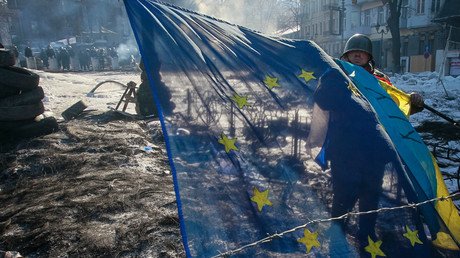Turkey & Ukraine unlikely to join EU in near future – German FM
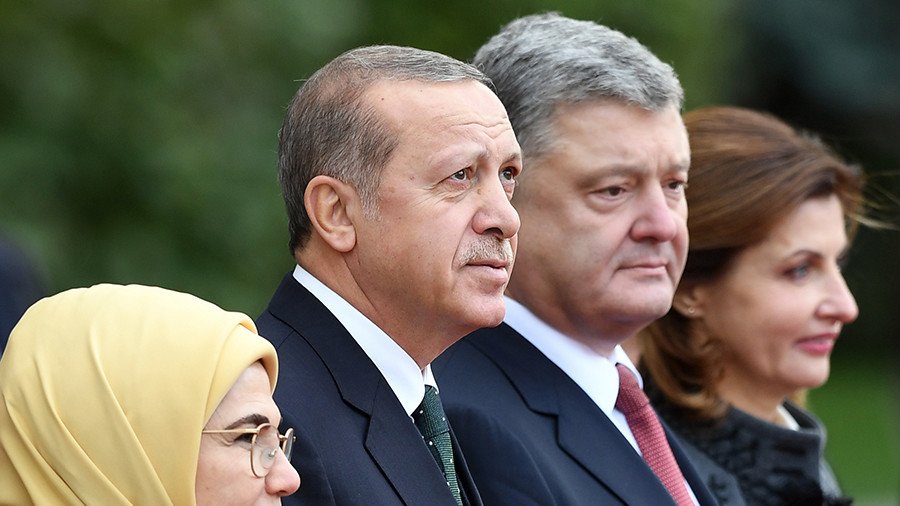
German Foreign Minister Sigmar Gabriel said he doesn’t see either Turkey or Ukraine joining the 28-member bloc anytime soon. Gabriel envisages other forms of cooperation instead, modelled on what he called a “smart” Brexit deal.
Speaking to the German press on Tuesday, Foreign Minister Gabriel said he cannot imagine Turkey and Ukraine as members of the European Union in the years to come. The bloc may choose instead to invent other forms of cooperation, including those modelled on the EU’s post-Brexit relations with Britain.
“If we can reach a smart agreement with Great Britain that outlines its relations with Europe after Brexit, then that could serve as a model for other countries,” Gabriel said in reference to Ankara and Kiev, as cited by the Frankfurter Allgemeine newspaper.
He did not elaborate much on Ukraine, focusing on Turkey which has been at odds with Germany, the European Union’s powerhouse, over the past year. “There is an opportunity to strive for a new, closer form of customs union with Ankara,” he explained, adding that such an option is not viable unless “the situation in Turkey changes.”
Tensions between Berlin and Ankara have recently been boosted by a wave of German-Turkish nationals’ arrests, including Die Welt’s correspondent Deniz Yücel and a number of rights activists. This culminated in Turkey’s President Recep Tayyip Erdogan accusing Germany of “Nazi practices” over banned rallies in German cities.
In July, Gabriel, himself a prominent Social Democrat, vowed a U-turn in Berlin’s policy towards Ankara. “We need our policies towards Turkey to go in a new direction... we can’t continue as we have done until now,” Germany’s top diplomat said at the time “We need to be clearer than we have been until now so those responsible in Ankara understand that such policies are not without consequences.”
However, relations between Ankara and Berlin now seem to be recovering. Turkey is willing to build better ties with Europe, Gabriel noted on Tuesday, adding that the willingness is mutual. The Turks “know how important their fate is for us,” he said.
EU membership prospects likewise plagued Ukrainian politics for several years, leading the country – which pursued equal integration with both the EU and Russia under former President Viktor Yanukovich – down the road to chaos. In 2014, the Euromaidan coup removed Yanukovich from power, installing Petro Poroshenko’s government – which proclaimed joining the EU one of Kiev’s foreign policy priorities.
In September 2014, the political part of the EU-Ukraine Association Agreement came into force, and the economic part of it has been around since January 2016. In April this year, the European Parliament voted in favor of granting Ukrainians visa-free entry into the EU.
In the meantime, Brussels is wary of promising membership prospects to Kiev. Last year, the Prime Minister of the Netherlands, a country which strongly opposes Ukraine’s accession to the EU, said his government is against the move because “we believe that Ukraine should have good relationships with both with Europe and Russia.”
Later that year, French diplomat Pierre Vimont, who helped negotiate the Ukraine-EU Association Agreement, told Dutch publication Volkskraant that Germany, France, Austria, Belgium and the Netherlands all rejected the idea of Ukraine’s potential EU membership during 2008 and 2012.
There are also some public statements from top EU officials suggesting Ukraine’s dream will not come true anytime soon. “A few days ago I saw that my friend Poroshenko said that Ukraine is the European Union, and it is NATO,” President of the European Commission Jean-Claude Juncker said earlier in August. “At the moment, it’s neither one nor the other, and I think we do need to bear this in mind.”
